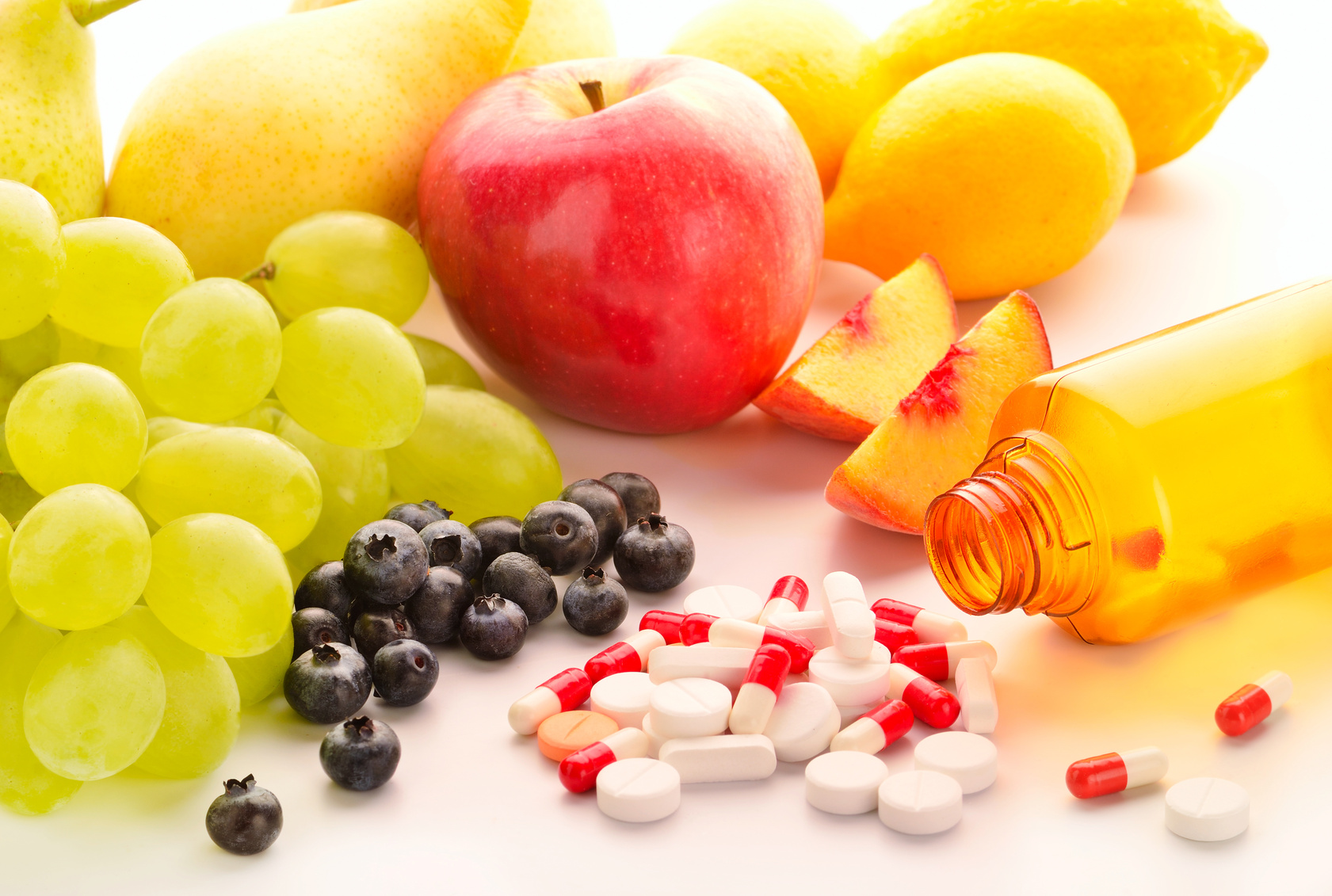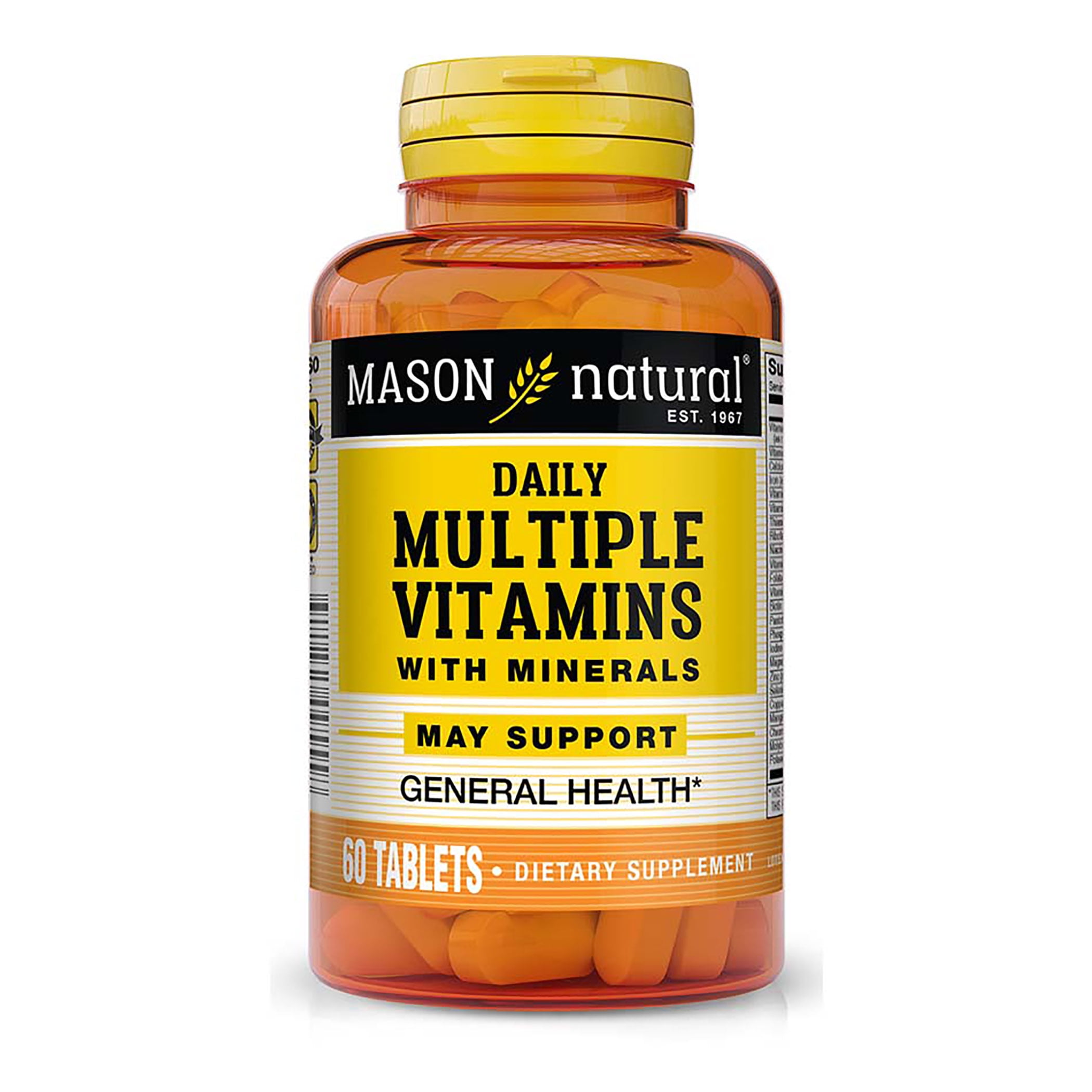If you’re looking for ways to boost your metabolism and support your weight loss goals, vitamins might be the key you need. Certain vitamins are known for their role in energy production, metabolism, and fat burning. This article explores the top vitamins that can help give your metabolism a boost, based on the latest research and expert recommendations. Plus, we’ll dive into real-life success stories, including celebrity weight loss journeys and user reviews.

The 5 Best Vitamins to Boost Metabolism
1. B Vitamins
The B vitamin family, which includes thiamine (B1), riboflavin (B2), niacin (B3), pantothenic acid (B5), pyridoxine (B6), biotin (B7), and cobalamin (B12), is essential for normal energy-yielding metabolism. B vitamins help convert carbohydrates, fats, and proteins into usable energy, making them vital for a healthy metabolism.
-
B1 (Thiamine): Helps convert glucose into energy.
-
B2 (Riboflavin): Important for the metabolism of fats and protein.
-
B3 (Niacin): Supports enzymes that facilitate metabolic reactions.
-
B5 (Pantothenic Acid): Involved in fatty acid synthesis and metabolism.
-
B6 (Pyridoxine): Plays a role in amino acid metabolism.
-
B7 (Biotin): Critical for carbohydrate, fat, and protein metabolism.
-
B12 (Cobalamin): Necessary for red blood cell formation and energy metabolism.
Without adequate B vitamins, your metabolism may slow down, leading to fatigue and difficulty losing weight.
Celebrity Insight: Celebrities like Adele and Jessica Simpson have been reported to focus on B vitamins as part of their weight loss and wellness routines. B vitamins are often recommended by their nutritionists to help maintain energy levels during intense workouts and strict dietary regimens.
User Review: “After adding a B vitamin complex to my daily routine, I noticed a significant difference in my energy levels. Not only did I feel more awake during the day, but I also found it easier to stick to my exercise routine. This has definitely helped me in my weight loss journey.” – Emily, 34
2. Vitamin D
Vitamin D plays a crucial role in metabolic health, especially in relation to muscle function and bone health. Low levels of vitamin D have been linked to increased fat accumulation and slower metabolism. Studies show that vitamin D can help improve metabolic rate by regulating insulin levels and improving calcium absorption, both of which are critical for healthy metabolism.
Vitamin D can be obtained from exposure to sunlight, fortified foods, or supplements. If you find yourself lacking energy or struggling with weight loss, it may be worth checking your vitamin D levels.
Celebrity Story: Khloe Kardashian has openly shared her experience with vitamin D supplements as part of her weight loss journey. She credits vitamin D for helping her maintain a healthy metabolism, particularly after her pregnancy. Khloe often emphasizes the importance of regular checkups to ensure optimal vitamin D levels.
User Feedback: “I started taking vitamin D supplements after my doctor told me my levels were low. Within a few weeks, I felt more energetic, and my workouts became more effective. I highly recommend it for anyone who feels sluggish or is having trouble losing weight.” – John, 42
3. Calcium
Calcium isn’t just important for strong bones; it also plays a role in maintaining a healthy metabolism. This mineral helps the body break down fat, and studies suggest that individuals who consume more calcium tend to have higher fat oxidation rates. Pairing calcium with vitamin D can further enhance its effects on metabolic health, making this combination particularly powerful for those looking to shed excess weight.
Calcium-rich foods include dairy products like milk, yogurt, and cheese, as well as leafy greens and fortified plant-based milks.
Expert Opinion: Nutritionist Dr. Sarah Jenkins says, “Calcium is not only crucial for bone health but also for metabolic efficiency. I recommend my clients, especially those trying to lose weight, to ensure they’re getting enough calcium from either food or supplements.”
4. Iron
Iron is a key player in energy production. It helps transport oxygen to all parts of the body, which is essential for metabolism. A deficiency in iron can lead to fatigue, decreased physical performance, and a slower metabolism. Iron also supports the health of your thyroid gland, which regulates metabolic rate.
To boost your iron intake, include red meat, poultry, fish, beans, and spinach in your diet. Iron supplements may also be necessary for some individuals, especially those with anemia.
Celebrity Insight: Jennifer Lopez is known for her rigorous fitness routine, and her nutritionist has shared that iron is a crucial part of her diet. Adequate iron intake ensures that she has the stamina to power through her workouts, which helps keep her metabolism high.
User Review: “I used to feel tired all the time, but once I started taking an iron supplement, it was like night and day. I had more energy, and I noticed that my weight loss efforts were finally paying off.” – Monica, 29
5. Magnesium
Magnesium is involved in over 300 biochemical reactions in the body, many of which are related to metabolism. It helps convert food into energy and supports muscle function, which can improve exercise performance. Additionally, magnesium plays a role in regulating blood sugar levels and promoting better sleep, both of which can have a positive impact on metabolism.
Foods high in magnesium include nuts, seeds, whole grains, leafy green vegetables, and legumes. A magnesium supplement may be helpful if you’re not getting enough through your diet.
User Feedback: “Magnesium has helped me sleep better at night, which I think has made a huge difference in my weight loss. I have more energy during the day, and my metabolism feels like it’s finally back on track.” – David, 38

Additional Metabolism-Boosting Compounds
Green Tea Extract
Green tea extract is often mentioned alongside vitamins and minerals that support metabolism. It contains caffeine and catechins, both of which can help boost metabolic rate and promote fat burning. Many weight loss supplements include green tea extract for its thermogenic properties, which help the body burn more calories even at rest.
Celebrity Use: Actress Megan Fox has been known to incorporate green tea extract into her daily routine to help maintain her lean physique. She claims that it helps keep her metabolism active, especially during periods of less physical activity.
FAQs About Vitamins and Metabolism
1. What Vitamin Makes Your Metabolism Fast?
The B vitamin family—thiamine (B1), riboflavin (B2), niacin (B3), pantothenic acid (B5), pyridoxine (B6), biotin (B7), and cobalamin (B12)—contributes significantly to energy-yielding metabolism. These vitamins help convert food into energy, making them essential for a fast metabolism.
2. What Vitamins Are Good for Losing Belly Fat?
Vitamins B, C, D, and E are all beneficial for losing belly fat. They work by boosting metabolic rate, reducing inflammation, and aiding in the breakdown of fat cells. Adopting a diet rich in these vitamins can significantly aid in shedding excess belly fat.
3. What Is the Best Vitamin for Fat Metabolism?
Vitamin B12, vitamin D, and vitamin C are all effective in aiding fat metabolism. They help metabolize carbohydrates, proteins, and fats, thereby supporting overall weight loss efforts. Vitamin C, in particular, can help boost fat-burning during exercise.
4. Do Multivitamins Help Boost Metabolism?
Yes, multivitamins that contain key nutrients such as B vitamins, vitamin D, calcium, and iron can help support metabolic health. Look for multivitamins that include these vitamins and minerals to help ensure your metabolism functions efficiently.
5. How Can I Boost My Metabolism Naturally?
In addition to taking vitamins, you can boost your metabolism naturally by staying physically active, getting enough sleep, staying hydrated, and eating a balanced diet rich in protein. Adding strength training to your exercise routine can also help increase your muscle mass, which in turn boosts your metabolic rate.
Conclusion
Vitamins and minerals play a critical role in maintaining a healthy metabolism. B vitamins, vitamin D, calcium, iron, and magnesium are among the most effective nutrients for boosting metabolic rate, increasing energy levels, and aiding in weight loss. Pairing these vitamins with a balanced diet, regular exercise, and healthy lifestyle habits can help you achieve your metabolism and weight loss goals more effectively. If you’re considering taking supplements, consult with a healthcare provider to determine the best options for your needs.
- Before & After: A Deep Guide to Kelly Clarkson’s Weight Loss Journey
- How Did Celebrities Lose Weight Fast? Secrets Behind Their Transformations
- 2024’s Best Keto Gummies Reviews: What You Need to Know
- Lana Del Rey Weight Loss: How She Did It and What It Means
- Chrissy Metz’s Stunning Transformation: All Details of Her 100-Pound Weight-Loss Journey

-
Coordinator of Diagnostic:
GASHAW MESFIN HAILE - +251943302284
- Gashu12son@gmail.com
-
Office location:
In front of old emergency ward 3rd floor
